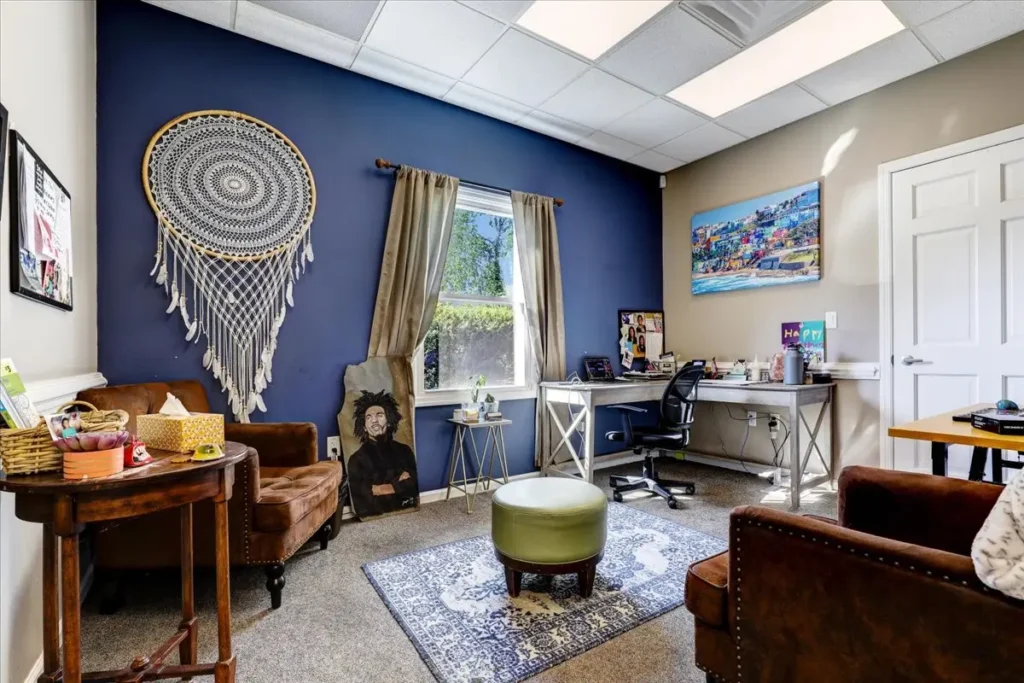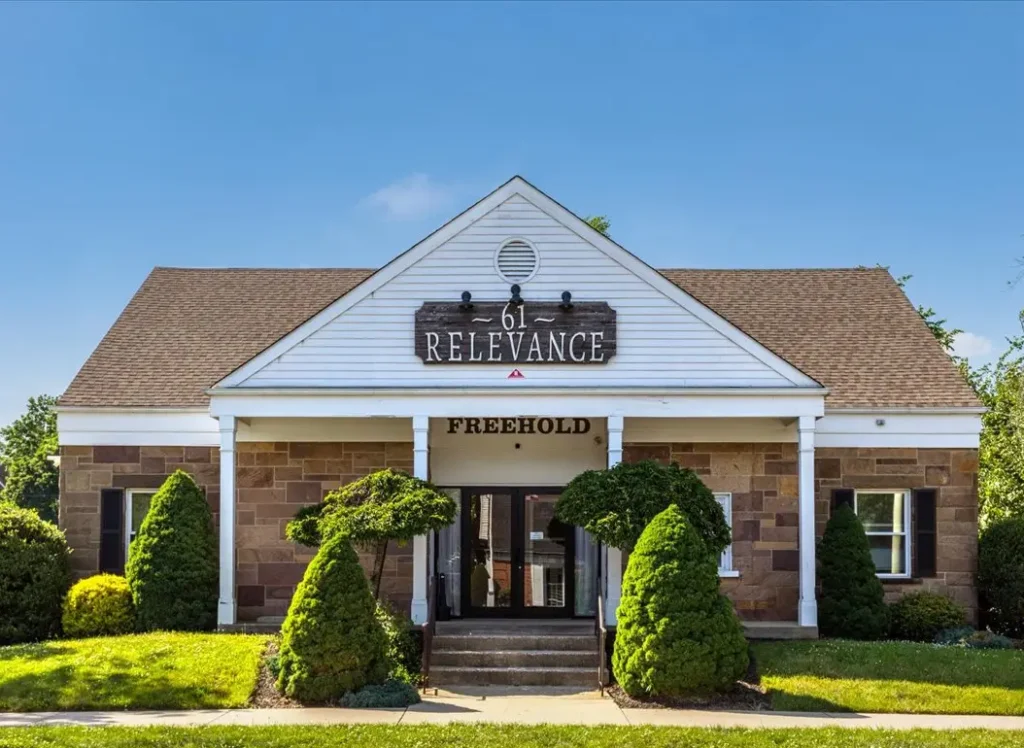Explore our multiple pathways to lasting recovery at our mental health & addiction treatment center in New Jersey at Relevance Recovery.
The term “veteran” refers to a person who was discharged or discharged from active duty in the Army, Navy, or Air Force under circumstances other than dishonorable discharge. As veterans return from combat zones, they often face unique challenges that can impact their mental health and overall well-being.


At Relevance Behavioral Health, we focus on treating a wide range of mental health and substance use issues.
Our approach emphasizes tailored treatment plans that use effective and holistic strategies, promoting lasting recovery for our clients.
We work with most major insurance carriers to help provide affordable, accessible treatment options to those who need it most. Our admissions coordinators can answer all of your questions. Call for a confidential assessment and insurance verification.





















Veteran-specific therapy is a specialized form of treatment that caters specifically to the needs of military personnel and veterans. It takes into account their unique experiences, traumas, and struggles, and provides a safe space for them to address and process these issues.
This therapeutic approach employs evidence-based techniques such as cognitive-behavioral therapy (CBT), eye movement desensitization and reprocessing (EMDR), and group therapy. By tailoring these techniques to the specific needs of veterans, therapists can help them develop coping strategies, improve relationships, and manage symptoms of post-traumatic stress disorder (PTSD), depression, anxiety, and substance abuse.
The importance of veteran-specific therapy cannot be overstated.


Veterans face a myriad of challenges that can impact their mental health and well-being. These challenges can include:
Veteran-specific therapy aims to address these challenges by providing targeted interventions that address the specific needs and experiences of veterans.
Veteran-specific therapy encompasses a range of modalities and approaches that cater specifically to the needs of military personnel and veterans. Some of the most common types of veteran-specific therapy include:
CBT is a widely-used therapeutic approach that focuses on identifying and changing negative thought patterns and behaviors. In veteran-specific therapy, CBT is tailored to address the unique challenges faced by veterans, such as combat-related trauma and difficulties transitioning to civilian life.
EMDR is a specialized form of therapy that helps individuals process traumatic memories and reduce distressing symptoms. It has been found to be particularly effective in treating PTSD in veterans.
Group therapy provides a safe and supportive space for veterans to connect with others who have had similar experiences. It allows for shared understanding, peer support, and the opportunity to learn from one another’s perspectives and coping strategies.
Many veterans struggle with substance abuse as a way to cope with their mental health challenges. Veteran-specific therapy includes specialized substance abuse counseling that addresses the unique issues faced by veterans and provides strategies for recovery.
The impact of military service extends beyond the individual veteran. Family therapy is an important component of veteran-specific therapy as it helps address the challenges faced by the veteran’s family members and strengthens their support system.
The therapists understand the unique needs of military personnel and veterans and can tailor their approach to provide the most effective treatment possible.
Our expert admissions coordinators will create a custom plan for you.
Finding veteran-specific therapy resources can be a daunting task, but there are several avenues to explore:
Veterans can reach out to their local VA facility or use the VA’s online resources to find veteran-specific therapy options.
These organizations may offer veteran-specific therapy or have partnerships with therapists who specialize in working with veterans.
These centers often have sliding scale fees based on income, making therapy more accessible to veterans who may not have insurance coverage.
Reach out to fellow veterans, support groups, or online communities to get recommendations.
When seeking veteran-specific therapy resources, it is important to consider factors such as location, cost, and the therapist’s experience and expertise in working with veterans.
Supporting a veteran in therapy can greatly contribute to their healing and recovery process. Here are some tips to help you provide support:
Remember, supporting a veteran in therapy is a collaborative effort. By providing empathy, understanding, and practical support, you can play a crucial role in their healing journey.
Family and community support play a vital role in the success of veteran-specific therapy.


In veteran-specific therapy, individuals find a safe space where they can share their experiences, develop coping strategies, and connect with peers who understand their journey. By unlocking the power of veteran-specific therapy, we can honor their service by providing the support and care they need to heal, recover, and lead fulfilling lives.
Let us stand together in support of those who have served, ensuring that no veteran walks the path to healing alone.